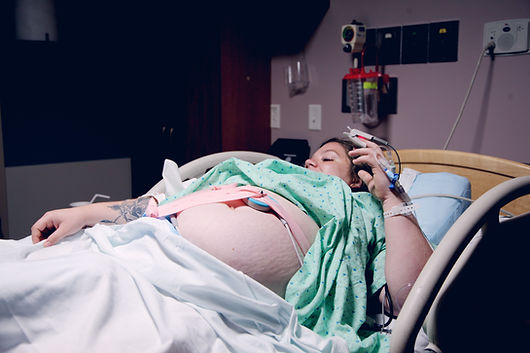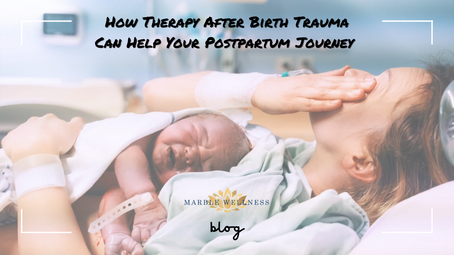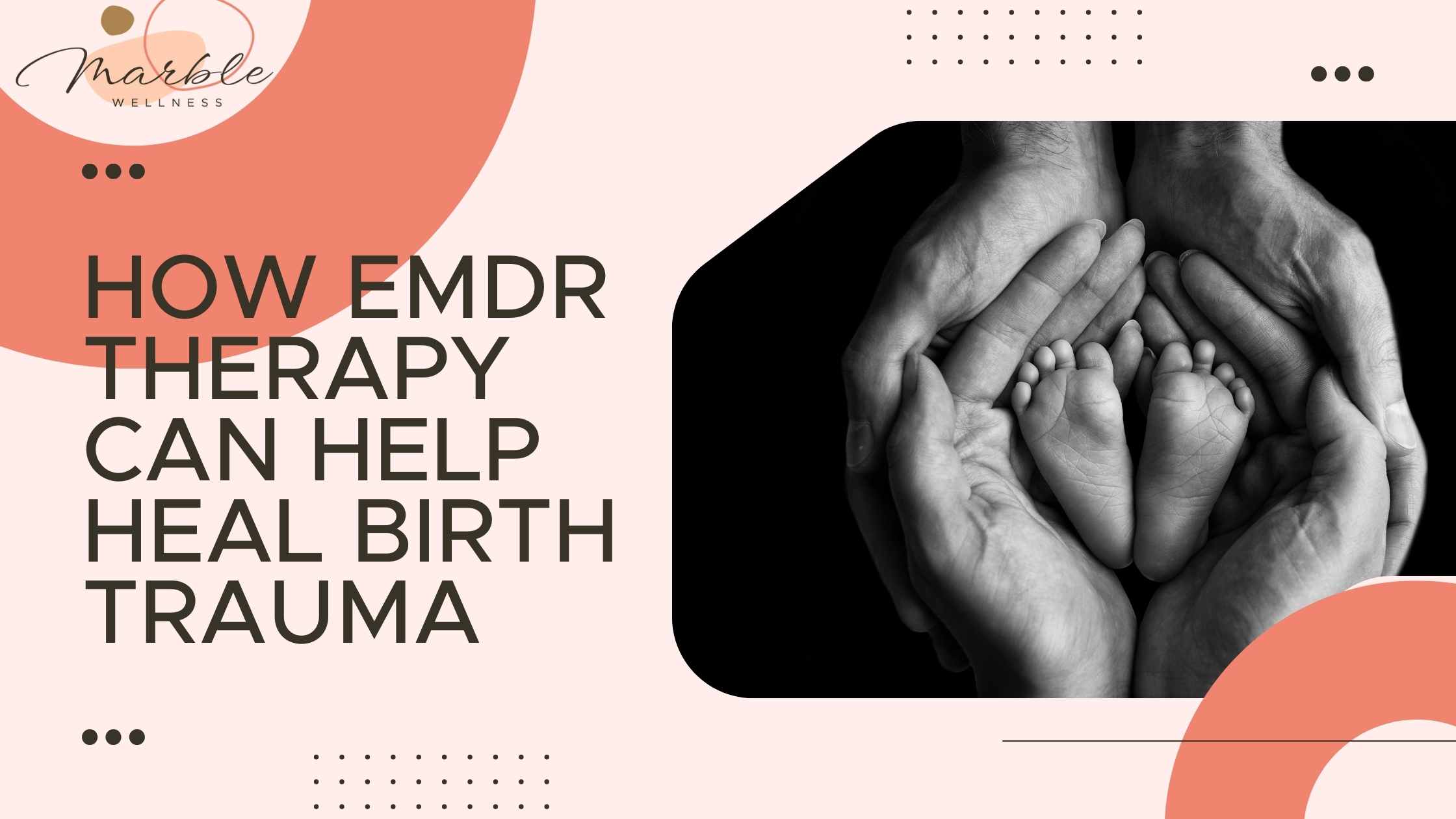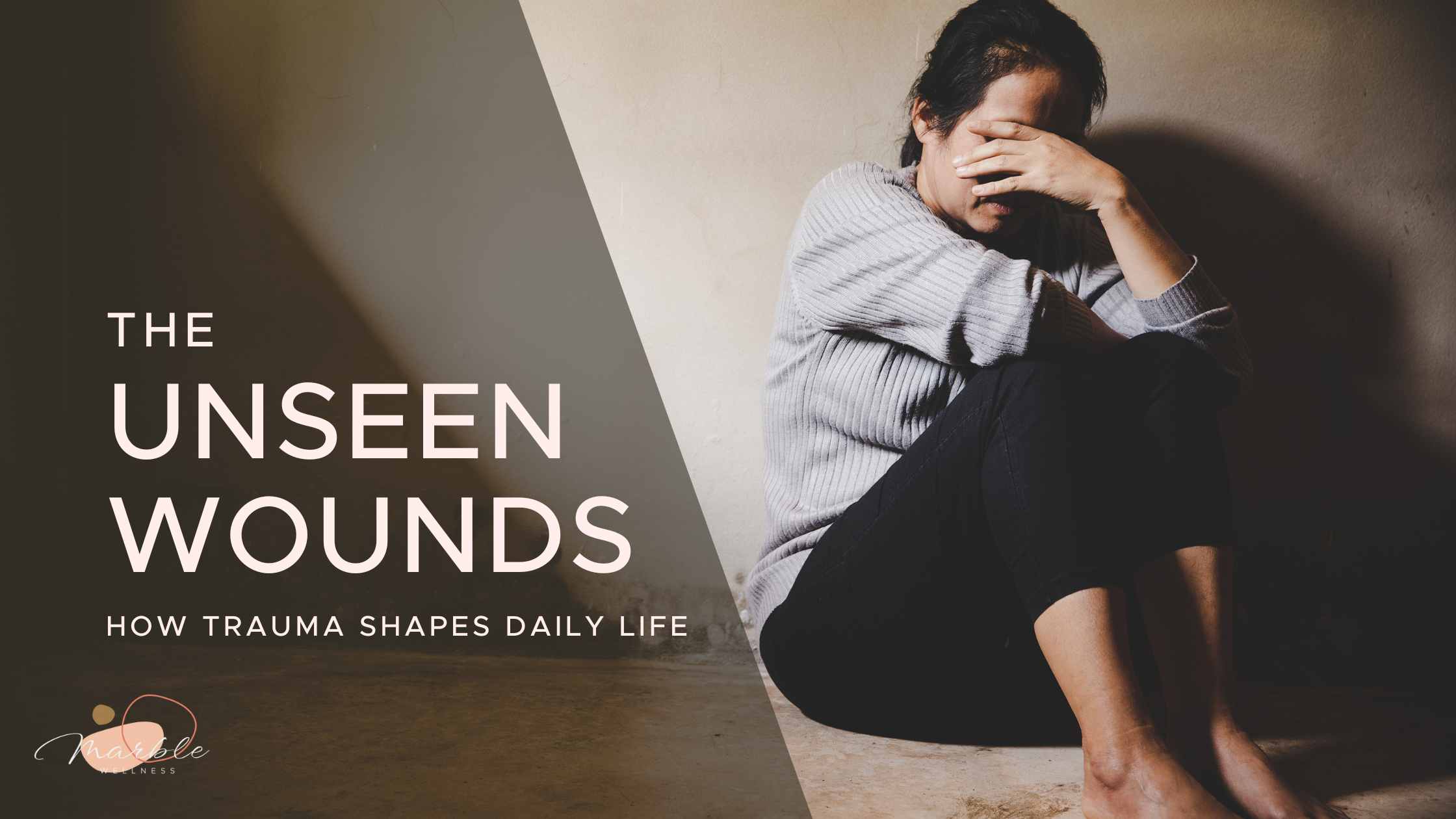
Childbirth can be a beautiful and empowering experience for many people. However, for some, the experience can be traumatic and leave them with physical and emotional scars that need time and support to heal.
Traumatic childbirth can have lasting effects on a person’s mental health, leading to depression, anxiety, and PTSD. Seeking therapy can be a powerful tool in the recovery process. Here are six ways therapy can help someone recovering from birth trauma.
1. Validation of Feelings:
One of the most important things someone recovering from a traumatic childbirth can receive from a therapist is validation. Trauma often leaves a person feeling alone and isolated, feeling like no one truly understands what they’re going through and how much pain they’re in. But, therapy can help alleviate those feelings for postpartum moms recovering from birth trauma.
A therapist can provide a safe and supportive space for a person to express their feelings, fears, and doubts without worrying about judgment or criticism, which can come even from well-meaning people. And a therapist won’t tire of the subject. They don’t need the person to pretend to feel better or to fake improvement. They understand trauma and how awful it can feel, and they are there to sit with the person and validate their experience.
2. Finding Coping Mechanisms:
Trauma makes it so much harder to deal with stress and other intense emotions. A therapist can provide coping mechanisms to help a person manage these emotions and deal with the aftermath of the birth.
Working together, the therapist and new parent can identify healthy coping strategies that will help reduce anxiety and increase their ability to self-regulate so their emotions don’t run them over.
These might include teaching the new parent breathing exercises, helping them set boundaries that support their needs, or teaching them activities like journaling that will help them process their feelings between sessions.
3. Managing Anxiety and Depression:
Traumatic childbirth can lead to anxiety and depression, which can interfere with a person’s ability to function. A therapist can help a new parent identify these emotions and work through them. They can also help them monitor their levels of anxiety and depression so that if things become dangerous, the therapist can help the person get the support they need. They can also offer referrals to doctors and psychiatrists if the new parent wants to try medications to support their mental health.

4. Processing Traumatic Memories:
If someone’s birth experience was traumatic, it can leave behind intrusive memories of the event that cause a lot of distress. Living through these memories can be almost as bad as experiencing the trauma for the first time, so it’s important to have support to deal with them.
A therapist can help process the emotions that come up during these painful moments, and teach the person how to cope with the physical and emotional sensations that are triggered by the memories, so they don’t disrupt their ability to live their life.
5. Restoring Confidence:
Traumatic childbirth can leave a person feeling powerless and can take away their confidence as a person and as a parent. Therapy can help them learn to trust themselves again. A therapist can help someone identify their strengths and work through the self-doubt they might have developed during the hard periods of depression and anxiety after the birth experience.
If someone’s environment is contributing to their self-doubt because of things friends and relatives might be saying, the therapist can also offer tools to help them set boundaries and communicate their needs effectively. This will help them regain power over their own environment, which will help them feel more in control.
6. Building a Support Network:
Recovering from a traumatic childbirth experience can be a long and difficult journey. Therapy can help a person build a support network of family, friends, or peer groups that will help them process and recover. A therapist can help them identify supportive people, as well as the areas of life where they need that support the most. They can also provide referrals to support groups or online communities where the person can connect with others who have experienced similar trauma.
With the help of a therapist, a parent can heal physically, mentally, and emotionally after a traumatic birth experience.
Working with someone who is validating, supportive, and who can provide education about coping strategies and self-regulation can make the postpartum journey so much easier. Childbirth is hard enough on its own, but if it causes injury, or disability, or leaves the person feeling unseen and unheard, those challenges can seem impossible to manage. But if therapy is part of that journey, it may still not be easy, but they won’t have to do it alone.

Start Postpartum Counseling for Trauma Therapy in St. Louis
If you’ve experienced a traumatic birth and are ready for support in your healing journey, the therapists at Marble Wellness are here to help. Our practice specializes in working with parents, and we understand the struggles that come with birth trauma. If you want help, reach out to us and one of our maternal mental health and trauma therapists will join you to walk with you and support you through your recovery and postpartum journey.
Contact Us!

Additional Counseling Services at Marble Wellness in St. Louis, MO
Counseling services designed to help set you on a path of living a more fulfilled, calm, and happy life. Our St. Louis team of therapists have a variety of training backgrounds and areas of expertise. We specialize in anxiety, depression, grief, chronic illness, therapy for men, couples, and maternal overwhelm. We can also help new moms with various postpartum concerns, moms in the thick of parenting, and moms with teens. We can also chat from wherever you are in the state with online therapy in Missouri. No matter where you are in your journey, we would love to support you.



